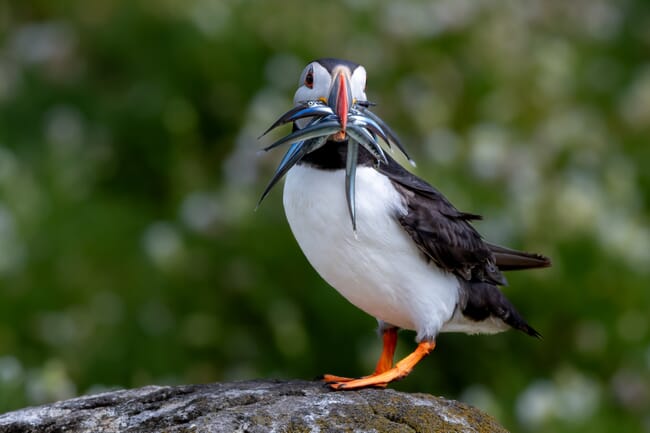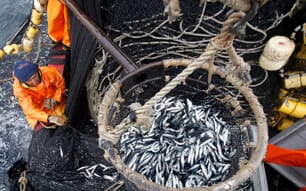
They are also the basis of a lucrative fishing industry, with landings generally converted into fish oil and fish meal for use in sectors such as aquafeeds
The commercial sandeel fishery is fuelled by the demand for fishmeal and fish oil - two key aquafeed ingredients. However, bans for English and Scottish waters were put in place in early 2024 to prohibit trawlers from catching the fish, following concerns that sandeel stocks – which are a vital source of food for a range of seabirds, including puffins – were becoming too low.
EU vessels, primarily from Denmark, previously had 97 percent of the quota for sandeels in UK waters, so the EU had taken legal proceedings against the UK through the arbitration mechanism of the UK-EU Trade and Cooperation Agreement. But judges at the Permanent Court of Arbitration (PCA), based in The Hague, were clear that the UK was not required to consider this relative quota arrangement in making its decision and ruled there is no legal obligation to reverse the closure order after the EU claimed the move was "discriminatory and disproportionate".
The decision has been hailed by conservation groups and Alec Taylor, Oceana UK’s director of policy and research, stating: “This ruling makes clear that the UK was right to act on the science in banning sandeel fishing from our waters and didn’t discriminate in the process of doing so. These tiny fish are a mainstay of our seas, providing essential food for marine life ranging from puffins to pollack, kittiwakes to cod. As long as the bans stay in place while the UK takes steps to comply with the judgement, seabirds, dolphins and porpoises can breathe a sigh of relief.
“The UK Government should take heart from the court’s vindication of its ambition to go further and faster in rebuilding the resilience of UK seas, starting with a ban on destructive bottom-trawl fishing in our so-called marine ‘protected’ areas.”




